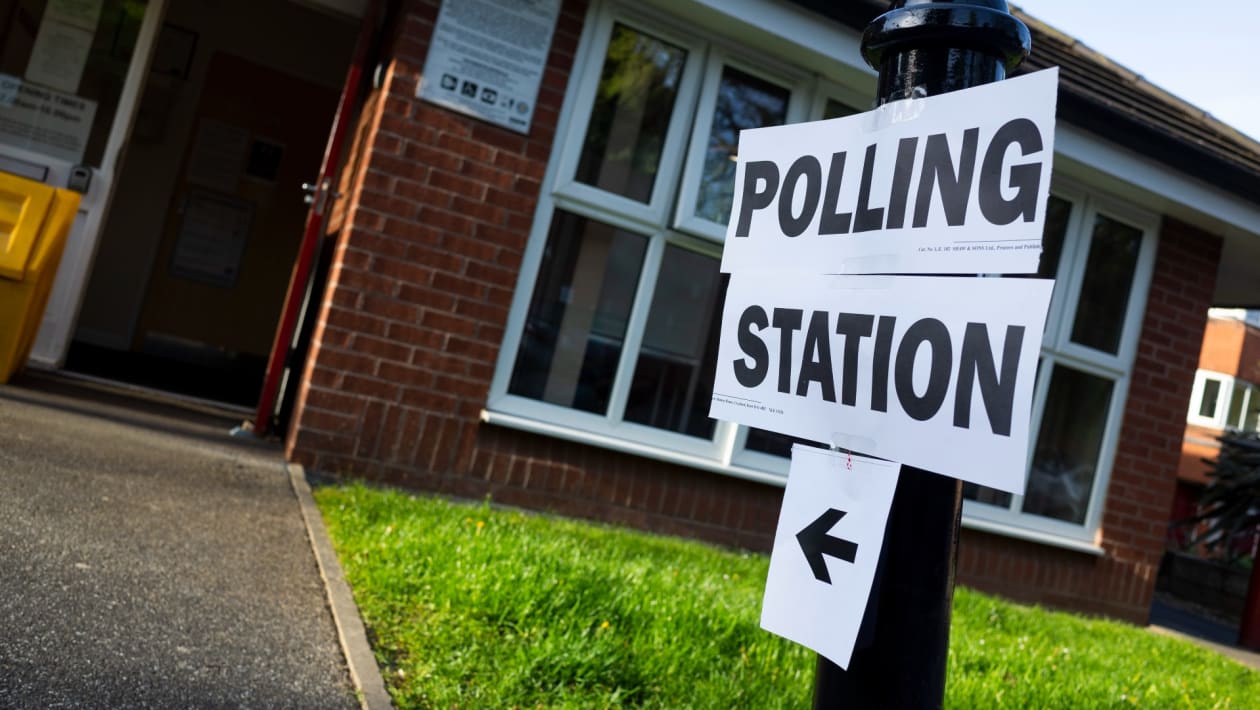The campaign for May’s local and mayoral elections is picking up pace as Labour looks to translate its commanding poll lead into seats and the Tories hope to avoid a drubbing that could be a portent of a wipeout at the next general election.
- SEE MORE Can Labour win the next general election?
- SEE MORE Who will win the next general election? The polls and odds
- SEE MORE Stop the boats: will immigration define the next election?
Battle lines were drawn last week when Labour kicked off its campaign by attacking the government’s record, with leader Keir Starmer calling Rishi Sunak “Mr One Per Cent” and trailing pledges such as a freeze on council tax, 13,000 extra police officers and training for NHS staff.
“May polls will not only be the first time Sunak has been put to an election,” said The New Statesman, “but it will also give an indication of whether Starmer’s polling lead translates into votes. The question is: how bad will it be for the Tories?”
Where are elections taking place?
The majority of councils in England last ran local elections in 2019, meaning that most councils are holding votes this year on Thursday 4 May.
The exception is councils in Greater London, which ran theirs in 2022, while Northern Ireland elections take place two weeks later on 18 May. There are no elections in Scotland and Wales.
It means a total of 8,057 seats are up for grabs in 4,831 wards across the country.
Mayoral elections will also take place in Bedford, Leicester, Mansfield and Middlesbrough.
Who is tipped to win?
According to Sky News analysis, the Conservatives will be defending the highest number of seats. They currently control 85 councils and will be defending 3,365 seats or 42% of the total seats contested on 4 May. By contrast Labour control 50 councils and are defending 2,131 seats while the Lib Dems have control of 16 authorities and are defending 1,223 seats.
“There is a general acknowledgement that the local elections will not go well for the Tories,” said the i news site, citing one former Tory minister as saying that Sunak will “underwhelm” in this, his first electoral test, because “he is not a leader – he is a manager”.
While the prime minister has seen his popularity surge among the Tory grassroots, “some jittery council election candidates would prefer to see less of Mr Sunak, amid fears he is damaging their chances on polling day”, said The Telegraph.
As always it is as much about expectation management as how well each major party performs on the day.
The Telegraph reported that “privately, Tory sources fear that experts are correct in predicting losses of up to 1,000 seats”, driven by the popularity of Starmer compared to his predecessor Jeremy Corbyn, the squeezing of the “Blue Wall” by the Lib Dems and a dramatic decline in Tory party finances.
Were the Tories to lose more than 500 of the seats they are defending across England to Labour, it would be the first time in over two decades that they would not be the biggest local party in England – a “huge symbolic blow”, said Sky News’s political editor Beth Rigby.
“Arguably, a net gain of more than a thousand seats in these elections would be significant for Labour – a big success,” she added.
However, upcoming boundary changes in more than a fifth of all councils up for election “make it much harder to predict how the vote will go as they can encapsulate a different demographic”, said Sky News.
Another unknown is how the introduction of compulsory voter ID for the first time will impact results.
Why are they significant?
Aside from who controls local councils, May’s elections are being seen as a crucial barometer of public sentiment, and will be the last major electoral test before the next general election, forecast to take place next year.
Despite “severe” losses predicted for the Tories in May, i news reported that Sunak’s position as leader “should be safe through the summer”.
“But Tory sources said the PM’s position could be in trouble if the party’s current poll position is not seen to be improving in the lead up to the general election next year,” it added.
By contrast, Starmer “needs to win big at the local elections to keep up Labour’s momentum”, said Rigby.
There are of course limits to relying too much on local elections results as a way of predicting what happens at a general election.
With a greater focus on potholes and dustbin collections than on big national issues such as immigration or the state of the economy, “those who take part (turnout is usually low) often do so because they are more concerned about what is happening locally”, said The New Statesman. Certain councils will retain or lose seats “simply by virtue of whether they are deemed to be doing a good job, rather than strength of support for a specific party nationally”, the magazine added.
“But they are still significant,” it continued. “By assessing the proportion of lost and gained votes for each party, pollsters should be able to make fairly accurate predictions of the country’s mood. Think of May’s election as a practice run for the general, and a chance for each party to refocus.”

